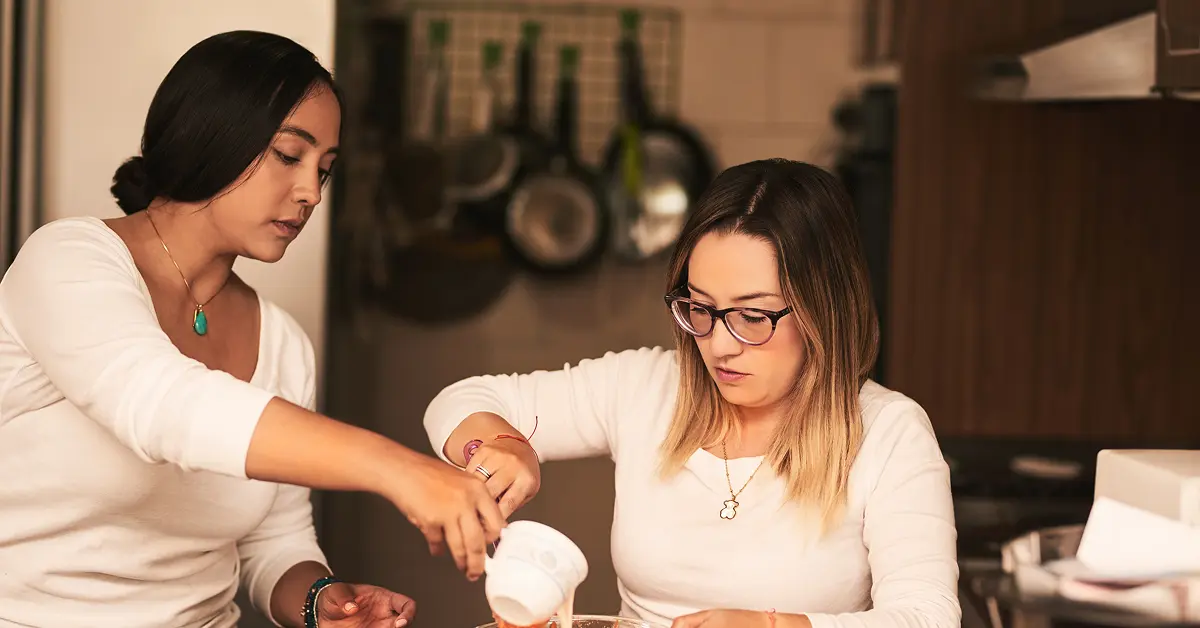Choosing the right Best Caregiver Services at Home in India is a life-changing decision for both the patient and the family. Whether it's an Parent Caregiver someone recovering from surgery, or a person with a disability, the right caregiver brings peace of mind, compassionate support, and consistent care. But how do you know whom to trust?
With countless home care agencies and freelance caregivers across cities like Mumbai, Delhi, Bangalore, and Chennai, selecting a qualified professional requires more than just checking references. It involves asking thoughtful, direct, and necessary questions to assess skills, compatibility, and trustworthiness.
Here’s a comprehensive list of key questions to ask a home caregiver before hiring, along with why each matters.
What Relevant Experience Do You Have?
Why ask: Experience is the foundation of quality care. You want someone who has dealt with similar conditions, whether it’s Alzheimer’s, stroke recovery, or post-operative care.
- Have you cared for someone with the same needs before?
- How long have you worked as a caregiver?
- Do you have experience with any specific medical equipment?
Are You Certified or Trained in Any Medical or Emergency Skills?
Why ask: Formal training adds credibility. In India, some agencies provide training in basic nursing, CPR, wound care, or medication management. A trained caregiver can be a huge advantage in emergencies.
- Are you certified in CPR or first aid?
- Have you received training from any recognised institutions?
- Do you know how to administer injections or handle feeding tubes?
Can You Provide References or Testimonials?
Why ask: Just like hiring any service, references validate a caregiver's reliability. Speaking with past employers helps you understand work ethic, trust, and personality.
Tips: Contact at least 2 previous clients. Ask about punctuality, kindness, attentiveness, and overall satisfaction.
Are You Comfortable with the Required Duties?
Why ask: Duties can vary – bathing, feeding, physiotherapy, meal prep, or companionship. Be clear about expectations and see if the caregiver is confident and comfortable performing them.
- Bathing and hygiene
- Lifting and mobility support
- Medication management
- Cooking and cleaning
What Are Your Working Hours and Availability?
Why ask: You need someone who fits your schedule. Some families need 24/7 live-in support, others only during the day.
- Part-time vs full-time availability
- Weekend and holiday flexibility
- Willingness to stay overnight if needed
How Do You Handle Medical Emergencies?
Why ask: The ability to stay calm and take correct steps in emergencies is critical.
Examples of good answers:
- I will call the family and doctor immediately.
- I know how to perform CPR and will call for ambulance assistance.
- I keep emergency contact numbers ready at all times.
How Do You Handle Difficult Behaviour or Mood Swings?
Why ask: Elderly patients or those with dementia, Parkinson’s, or psychological issues may exhibit challenging behaviour. Patience and understanding are key traits.
Evaluate: Conflict resolution approach, emotional intelligence, communication style with patients and family.
What Are Your Salary Expectations?
Why ask: Clarity on costs avoids misunderstandings. In India, caregiver salaries can range from ₹10,000 to ₹35,000 per month depending on the city, qualifications, and duties.
- Daily rate or monthly salary
- Additional charges (night duty, cooking, travel)
- Paid leave and overtime
Are You Comfortable Living In (If Required)?
Why ask: Many families in India opt for live-in caregivers. If that’s your preference, confirm the caregiver’s comfort and check accommodation facilities.
- Do you need a separate room?
- Will you take care of your own meals, or should we provide them?
Are You Willing to Sign a Contract or Service Agreement?
Why ask: A written agreement ensures clarity and protects both parties. It should cover roles, responsibilities, working hours, leave policy, and salary.
Tip: Work with a registered agency or legal expert to draft a basic caregiver agreement.
How Do You Manage Hygiene and Infection Control?
Why ask: Especially in post-pandemic India, hygiene has become non-negotiable. Proper practices ensure the safety of both the patient and caregiver.
- Do you wear gloves and masks when necessary?
- Are you comfortable maintaining cleanliness protocols?
- Do you have experience caring for COVID-19 or bedridden patients?
Do You Speak the Same Language as the Patient?
Why ask: Communication fosters trust. Especially for elderly patients, being able to speak in Hindi, Tamil, Bengali, or regional dialects brings comfort and reduces confusion.
What Would You Do If the Patient Refuses Care?
Why ask: Patients can sometimes resist medication, food, or bathing. A mature caregiver handles this with empathy and strategy, not force.
Look for: Patience, creativity, experience with elderly resistance.
Will You Keep a Daily Care Record?
Why ask: Keeping logs of medications, food intake, bathroom assistance, and vital signs helps families track health progress.
Bonus tip: Ask if they’re comfortable using apps or even WhatsApp to update you daily.
What Motivates You to Be a Caregiver?
Why ask: This question reveals the heart behind their work. Passion, patience, and empathy are traits that cannot be taught.
Final Tips for Indian Families:
- Use a Verified Agency: Many reputed agencies in India now offer police-verified, trained, and insured caregivers.
- Insist on Background Checks: Always ask for Aadhaar card, local ID proof, and police verification before hiring.
- Observe Trial Days: Start with a trial period before finalizing long-term commitment.
Conclusion
Hiring a home caregiver in India is a deeply personal decision. It’s about trusting someone to care for your loved one as their own. By asking these essential questions, you can make a confident and informed choice. Remember, the best caregiver is not just qualified—but also compassionate, trustworthy, and committed to your family's wellbeing.
Need Help Finding a Caregiver?
If you're looking for experienced home caregivers in India—whether for Elderly Care Services
post-hospital recovery, or child support—consult a verified home care agency near you today. Your peace of mind is just a conversation away.
Contents
- What Relevant Experience Do You Have?
- Are You Certified or Trained in Any Medical or Emergency Skills?
- Can You Provide References or Testimonials?
- Are You Comfortable with the Required Duties?
- What Are Your Working Hours and Availability?
- How Do You Handle Medical Emergencies?
- How Do You Handle Difficult Behaviour or Mood Swings?
- What Are Your Salary Expectations?
- Are You Comfortable Living In (If Required)?
- Are You Willing to Sign a Contract or Service Agreement?
- How Do You Manage Hygiene and Infection Control?
- Do You Speak the Same Language as the Patient?
- What Would You Do If the Patient Refuses Care?
- Will You Keep a Daily Care Record?
- What Motivates You to Be a Caregiver?
- Final Tips for Indian Families:
- Conclusion
Our 24*7 services
Latest Posts
- What Is Respite Care and Why Is It Important
- Affordable home care for senior citizens in India
- Caring for Seniors with Dementia or Alzheimer's at Home
- Senior Caregiving A Guide for Every Family
- How to Write a Caregiver Resume That Gets You Hired
- How Care After Hospital Discharge Speeds Up Recovery at Home
- How to Get Home Health Care for Seniors Through Medicare
- What Does a Senior Citizen Caregiver Really Do at Home
- How to Care for Elderly Parents with Alzheimer’s or Dementia
- How to Get 24-Hour Care for Seniors at Home



